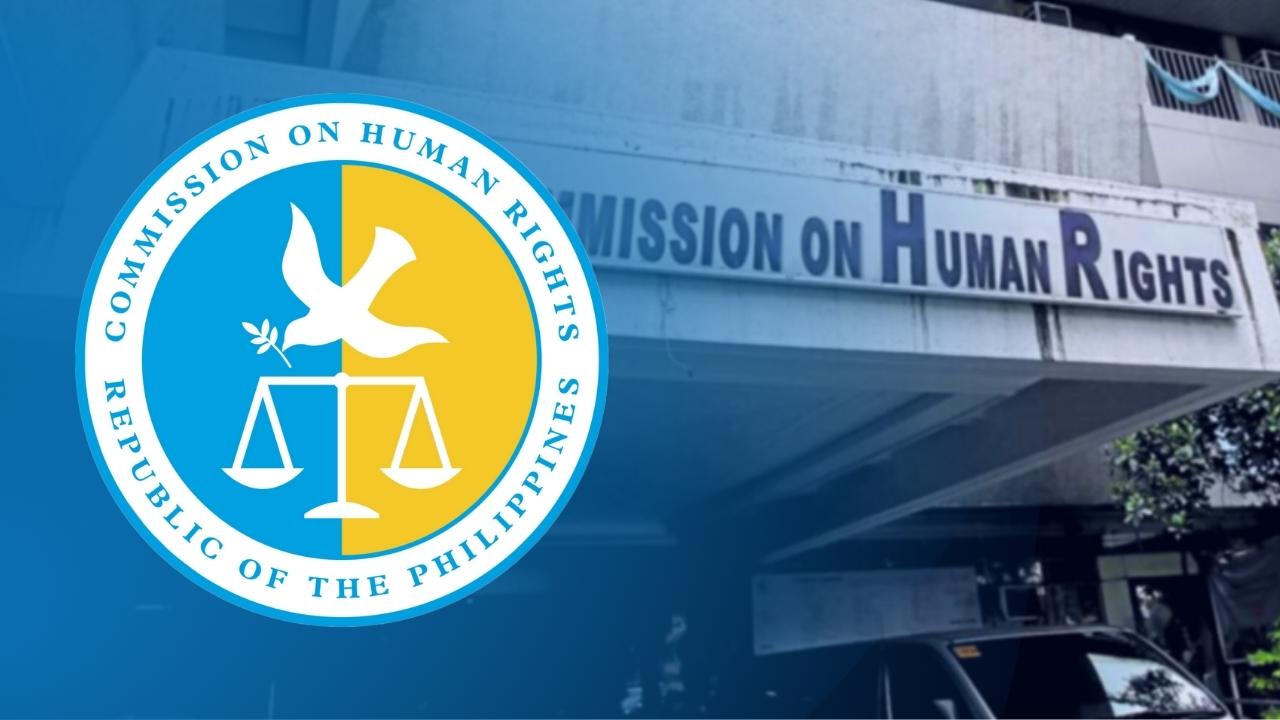Be independent: Human rights groups, activists urge new CHR chair
MANILA, Philippines — Human rights advocates and activist groups are urging the new chairperson of the Commission on Human Rights (CHR) to support investigations into rights violations that happened in past administrations.
In a statement on Wednesday, Bagong Alyansang Makabayan (Bayan) Secretary General Renato Reyes said that they hope new CHR chair Richard Palpal-latoc can remain independent despite his “proximity” to Malacañang.
As CHR chairperson, Palpal-latoc will take the helm of the 6th Commission en banc.
Reyes was referring to Palpal-latoc’s former post as deputy executive secretary under former executive secretary Vic Rodriguez. Palpal-latoc and Rodriguez are partners in a law firm.
“We call on the new chair of the Commission on Human Rights to uphold the mandate of the Commission and show independence from Malacañang amid the continuing attacks by the State on human rights defenders and the people. New CHR Chair Richard Palpal-latoc was formerly Deputy Executive Secretary under Vic Rodriguez. He is also Rodriguez’ law partner,” Reyes said.
Article continues after this advertisement“We hope that despite his previous proximity to the halls of power as a Palace official, he will maintain the CHR’s independence from Malacañang. The new Chair can emulate his predecessors like Jose W. Diokno, Leila de Lima and Chito Gascon,” he added.
Article continues after this advertisementKarapatan issued a similar call for new CHR appointees to uphold the commission’s mandate and maintain independence so that it can conduct impartial investigations of rights-related issues.
“[…] Karapatan calls on the new appointees to uphold the Commission’s mandate and expectations for independence, probity, integrity, and transparency to conduct investigations on human rights violations against poor and disadvantaged sectors and provide prompt, responsive, accessible and excellent public service for the promotion and protection of human rights,” the group said.
“In particular, we expect members of the new commission en banc to address the recommendations by the previous commission during its public inquiry on the attacks and challenges against human rights defenders and its investigations in the drug war,” they added.
According to the group, there are still thousands of complaints, including “extrajudicial killings, torture, enforced disappearances, arbitrary arrests and detention, judicial harassment, threats, and dangers of red-tagging experienced by civilians.”
Meanwhile, Kapatid, a support organization for the families of political detainees, said in a separate statement that they hope to meet with Palpal-latoc to follow up on CHR’s pending investigations.
“Kapatid […] looks forward to meeting with newly appointed CHR Chair Richard Palpal-latoc to follow up the investigation of manifold trumped-up cases and the de facto state policy of red-tagging that have spiraled the current number of political prisoners to 800 alongside other grave human rights violations,” the group said.
“We seek to work closely with him and the CHR to ensure the protection of the rights and well-being of political prisoners and to fast-track their release from unjust imprisonment,” it added.
On Tuesday night, the CHR said President Ferdinand Marcos Jr. had already signed the appointment papers of Palpal-latoc. Prior to that, the CHR said lawyer Beda Epres would also join the CHR en banc committee as a new commissioner.
READ: Former QC assistant prosecutor named as CHR en banc chair
Palpal-latoc was a former assistant city prosecutor in the Quezon City Prosecutor’s office. He and Epres also worked in the Office of the Ombudsman, with the new CHR chair being a former graft investigation and prosecution officer while the latter was a former investigator and prosecutor.
Both will serve a term of seven years in the CHR or up to 2029.
READ: Marcos Jr. names former anti-graft prosecutor as CHR commissioner
Kapatid also reminded Palpal-latoc and Epres that the CHR was created as a response to the atrocities committed during the martial law period.
Marcos’ father and namesake, the late former president Ferdinand E. Marcos, ruled the country for over two decades, including years in which the country was under military rule.
“We deem such is necessary considering the Commission’s mandate under Republic Act No. 10368 and the current environment where they are appointed into office by Marcos Sr.’s son. We also note that no open, transparent and independent process has been conducted in appointment of the incoming commission,” Kapatid said. — Trisha Manalaysay, INQUIRER.net trainee
